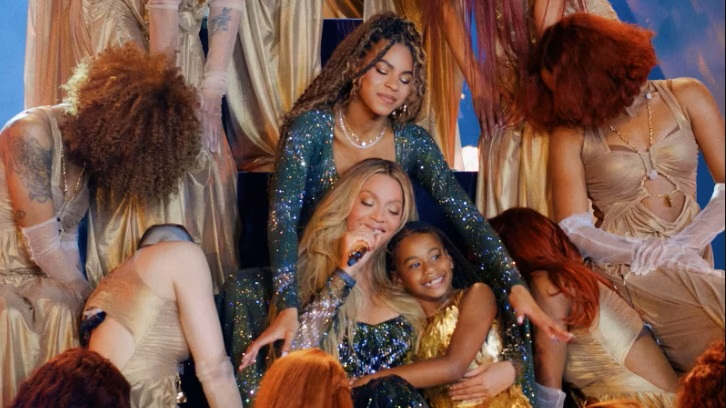Image from Creative Commons
On March 6, 2023, I saw Leslie David Baker during a TUFFTalks Q&A hosted by the University Activities Board. Today, many know him as crossword-connoisseur Stanley Dudson from “The Office” (2005-2013). But, Baker should also be recognized for his work during one of the deadliest times for the LGBTQ+ community.
Baker told us his life story before his acting career, vividly retelling how he became the man he is today. Soon after he earned his bachelor’s degree in Psychology degree, Baker attended medical school where he quickly realized that was not where he wanted to be. Instead, he pursued an M.S. in Human Services Administration. Baker paid for grad school as a substitute teacher and picked up corporate jobs to supplement.
After grad school and during the HIV/AIDS epidemic, L.D. Baker worked for the Chicago Health Department. During his time, he witnessed problems in his department and reported them to the Centers of Disease Control and Prevention. “Stuff was said and done and all that. Long story short, they ended up wanting to fire me.” Well within his rights as a worker, he filed a federal lawsuit. Baker continued, “They gave me some shut-up, go-away money so the [Chicago Health] department wouldn’t be shut down.”
Leslie David Baker’s acting career began when he decided to move to Los Angeles, “I didn’t move to L.A. until I was 40 years old. So anybody who is sitting here talking about, ‘I don’t know if I have time to do it,’ you’ve got plenty of time. You’ll be fine.”
He appeared in several shows in the 1990s and early 2000s, notably “Maggie” (1998-1999) and “Malcolm in the Middle” (2000-2006). His breakthrough role was as Stanely Hudson from “The Office.” Later in the Q&A, he told us how he channeled all his corporate experiences to sculpt the ill-tempered sales representative Stanley we know today.
The last part of the Q&A was for audience questions. I got to ask Baker about his most chaotic day on the set of “The Office.” He took us back to the Writers Guild of America (WGA) strike of 2007-08. “We went to set one day, and we got there usually went to the catering truck right, and it was right before the writers’ strike, and we didn’t know what was going to happen. So, we got our food and went to our trailers, and we sat around for about an hour and a half waiting to find out if they were going to announce the writers’ strike. And when they did, oh gosh, I feel like I was eating the last meal of my life.”
The WGA has a long history of striking against the Alliance of Motion Picture and Television Producers (AMPTP). Before the 07-08 strike, there was a 153-day walkout in 1988 over residual income from reruns and an expansion of creative liberty. This strike lasted 100 days and cost the L.A. economy over 2.5 billion dollars. What made this strike especially impactful was that it started right as the infamous 2008 recession began.
While the strike brokered a deal between the WGA and the AMPTP, union members debated its effectiveness in addressing the structural problems regarding writer’s pay in Hollywood. The 07-08 strike occurred before the advent of streaming services. When Hulu launched a month after the strike ended, it was a big blow to the victories seen during the strike. Moreover, the WGA is rumored to strike again later this year if they cannot come to a new agreement with the AMPTP.
The 2008 contract between WGA and AMPTP will expire on May 1, 2023. While negotiations started on March 20, 2023 the two unions have yet to compromise. The new contract will renegotiate residual income from film and television reruns for streamed media, minimum wages and protect writers of shorter-run T.V. series. Nobody knows how the story will develop. But, with a recession on the horizon, conditions are right for a repeat of the 07-08 strike.
As Hollywood stockpiles film and TV scripts in preparation for a potential 2023 WGA strike, look out for how this strike may affect your favorite actors and streaming services. The 07-08 strike halted nearly all media production, including “The Office.” Despite this, we have nearly 5 million entertainment workers to thank for all the media we enjoy. Remember that writers are the backbone of the entertainment industry, and they deserve livable wages too.





